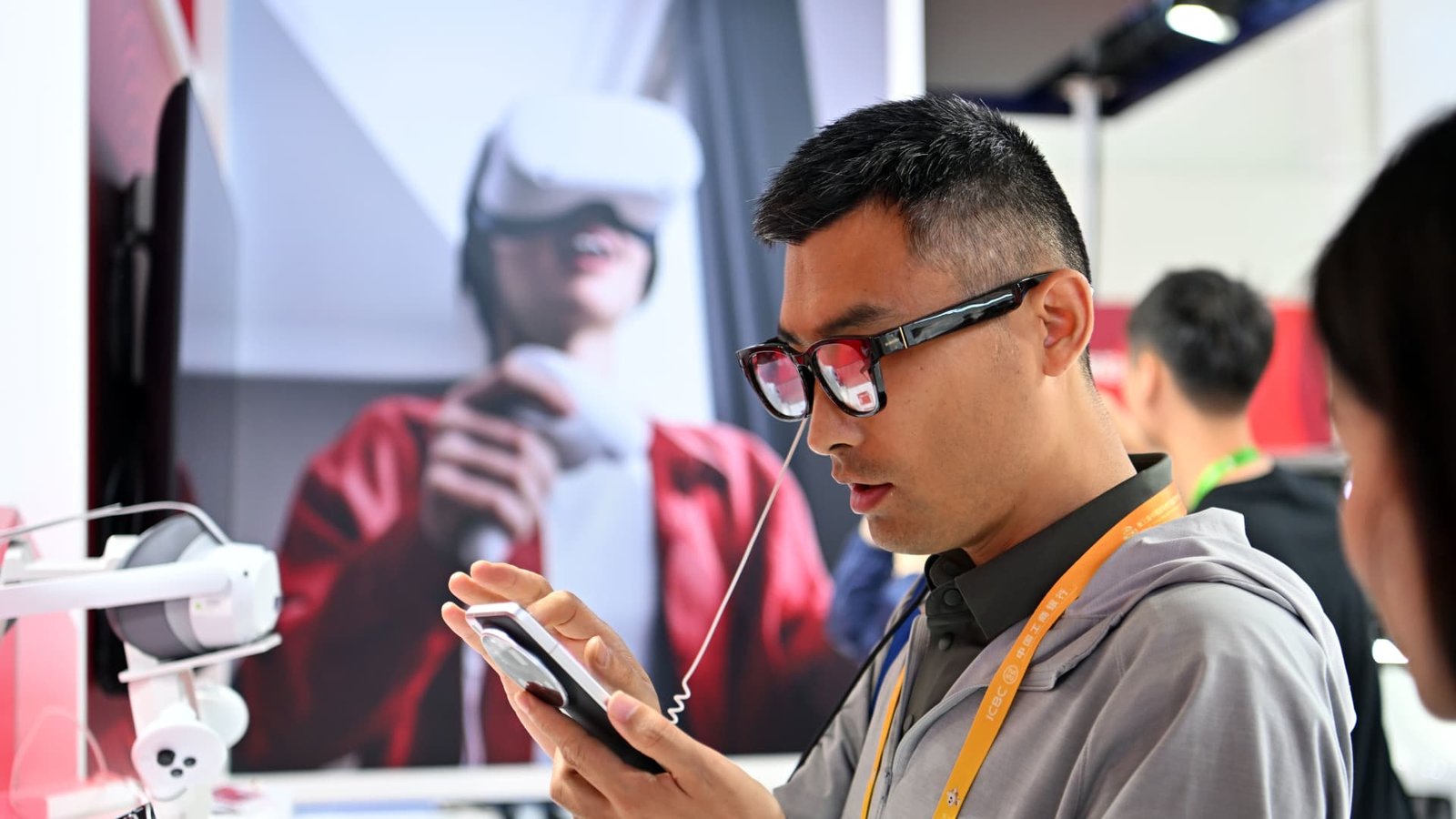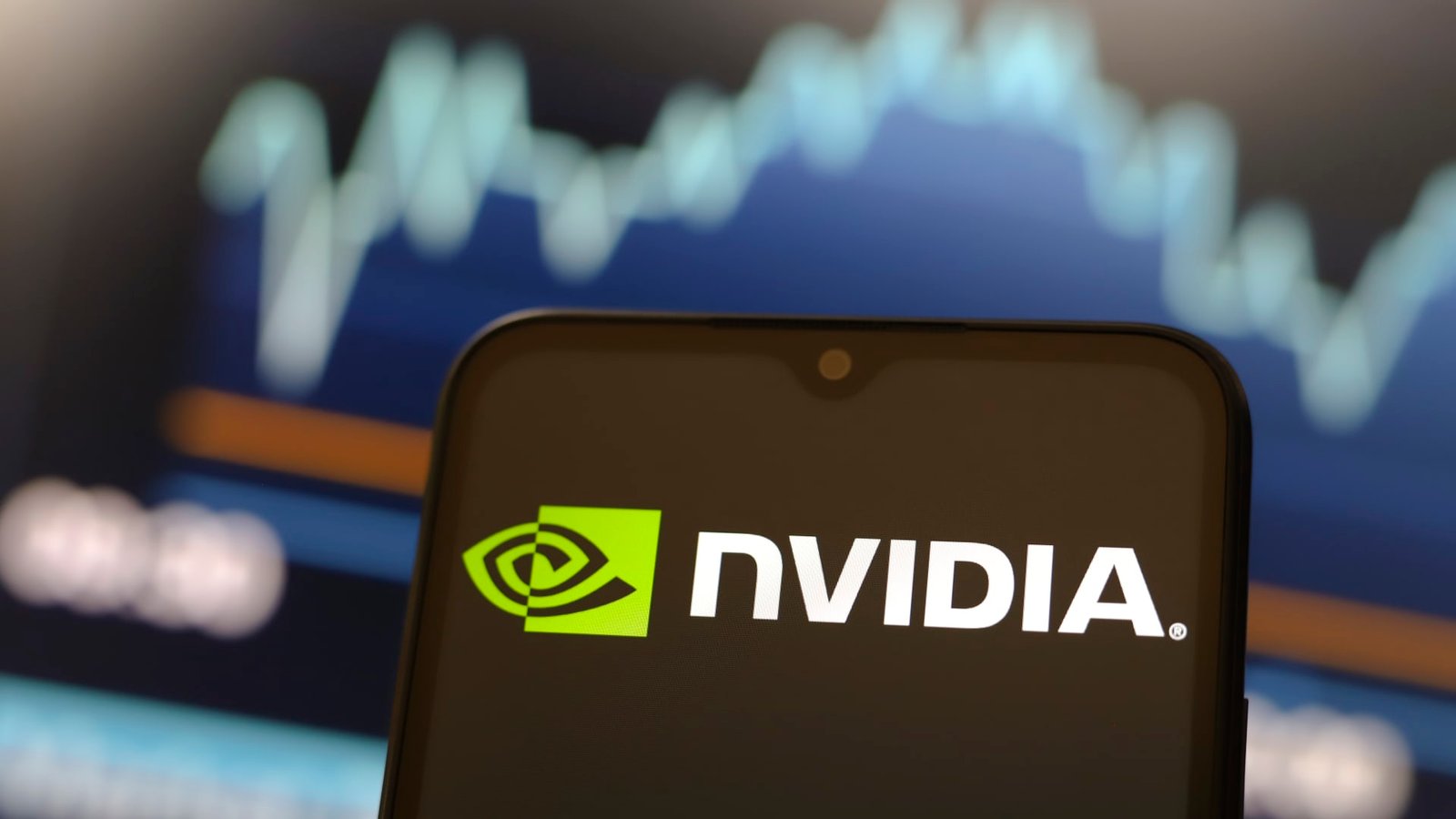With Meta Platforms proving there’s demand for well-designed smart glasses, Alibaba has become the latest Chinese company rushing to sell its own version. “Continuous” launches of glasses with artificial intelligence or augmented reality (AR) features, including upgrades by Meta itself, should benefit the supply chain based in Greater China, Goldman Sachs analysts said this month. While the Ray-Ban Meta glasses aren’t officially available in China, they use components made by suppliers based there. And, in an indication of widespread appeal, different third-party merchants sell the glasses online in China. Just in time for the Singles Day shopping event , Alibaba on Friday began presales in China of its own Quark AI Glasses at $660 — or as low as $519 for its e-commerce platform members — with deliveries set to start in December . Alibaba said the glasses will offer hands-free calling, music streaming, real-time language translation and meeting transcription based on Alibaba’s Qwen AI model. The launch comes after Xiaomi last summer started selling smart glasses in China that let users tap the frame to change the lens tint. Meizu, HTC and startup INMO have debuted AI glasses in the last three months, while Chinese startup RayNeo and ByteDance are both expected to release their versions in the next few months, the Goldman analysts said. “We expect the longer battery life to enhance the practicality of AI/AR glasses, along with powerful AI features focusing on interaction with real subjects, attracting more potential customers and driving their willingness to buy,” the analysts said. Goldman said more than 3 million units of Ray-Ban Meta’s second-generation AI glasses have been sold in less than two years. Here are Goldman’s buy-rated mainland China and Hong Kong-listed component suppliers to play the smart glasses trend: OmniVision — One of the key improvements in smart glasses is display, the Goldman analysts said. Shanghai-listed OmniVision makes the liquid crystal on silicon, or LCoS, that powers the Meta Ray-Ban Display, Goldman’s analysts said. The material costs less and has higher color purity than earlier Micro LED and Micro OLED technologies, they added. Lingyi — The Shenzhen-listed maker of precision parts has about 15% revenue exposure to the AI/AR glasses supply chain, according to Goldman. In 2024, Lingyi posted 4.04 billion yuan ($570 million) in revenue tied to AI and extended reality (XR) wearables, up more than 40% from the year before. Lingyi says its customers include Xreal, a Chinese startup selling augmented reality glasses. AAC — The Hong Kong-listed company makes a range of sensors and slim speakers used in consumer electronics — resulting in about 5% exposure to the AI/AR glasses supply chain, according to Goldman. In the first half of the year, AAC said its acoustics business generated revenue of 3.52 billion yuan , about 2% more than the year before. “Several artificial intelligence glasses adopted the Group’s ultra-thin speakers,” AAC said in an interim report at the time. —CNBC’s Michael Bloom contributed to this report.
Chinese rivals to Meta’s AI glasses pile up. How Goldman is playing the trend




